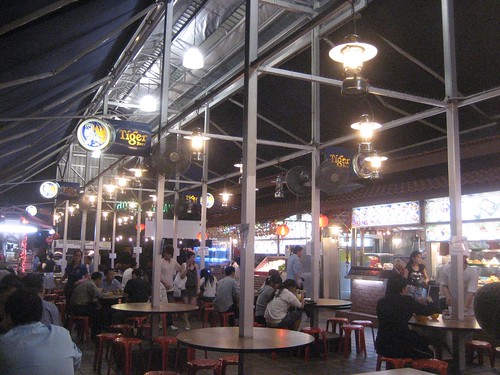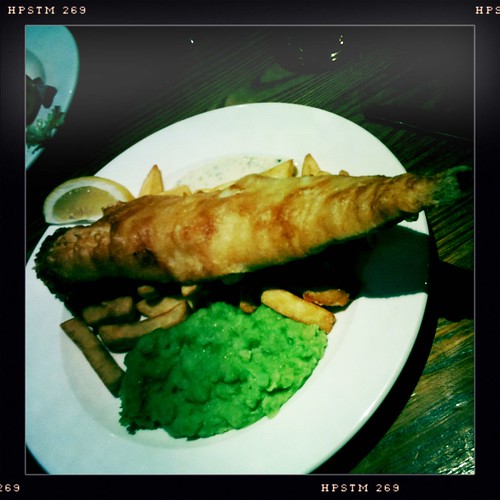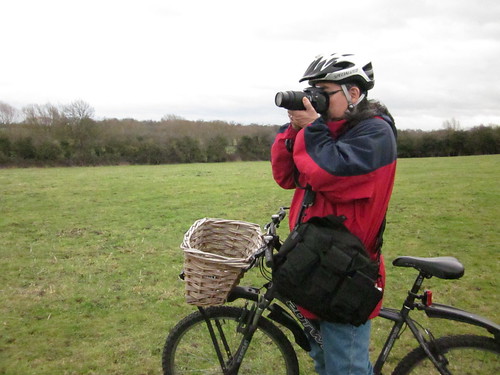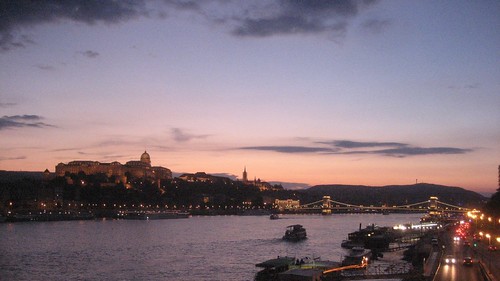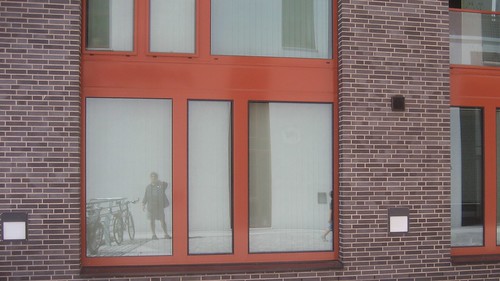Janet Kornblum (who I mentioned in a previous post) has a reflection on “Curating life (or not) from a hospital bed,” prompted by a hospital stay and the strangeness of getting “Get well soon!” messages on Facebook.
I’m one of those people who believes privacy is dead and the best way to guard privacy is ironically, to reveal all—but reveal it in our own ways. We are all the owners of our own stories. Yep. We are the curators of our lives…. We curate our stories on Facebook, on Twitter, on blogs, in comments—everywhere….
What we post is real (well, it is for me, anyhow). But we don’t just post anything (unless we’ve made the mistake of drunk tweeting our junk).
In other words, it’s an act. It’s not pretend acting, per se. We are just presenting our best selves, right? We’re curating our presence. We are actors upon a stage of our own making.
Of course there’s a little theatre in every self-presentation (holla Erving Goffman!). But that doesn’t make her point any less reasonable.
It did get me thinking, though: one of the strategic choices I’ve made over the last couple years is to spend less energy doing real-time self-reporting, in favor of writing longer posts. When I travel, I don’t live-tweet everything. I write about visits to interesting towns or cathedrals or seeing strange elephants, and I often write something at the end of the day, after long evening post–work walks.
There are two reasons for this. I’m conscious of my audience, and don’t think they need to know I’m doing this right now, then this other thing. (I do take pictures of food, but I don’t post them immediately.)
But more important, I’ve realized that for me, it’s more satisfying and valuable to experience first and write afterwards. As much as possible, I don’t want calculations about how can I tweet about this? or ooh, this’ll look good on Facebook get in the way of what I’m doing; I want to see what’s around me as much as possible (even when I’m taking pictures like mad), and leave storytelling and representing it for later.
I also want to leave myself more open to the idea that I’ll make sense of the experience later. A couple years ago I read Daniel Gilbert’s Stumbling on Happiness, and one of the things that’s stuck with me is the idea that it’s not the experience that matters, but your interpretation of the event. (This explains how some people are able to make good things come out of unfair events or tragedies, and why people can say that a stint in jail or an illness were good for them.) Live reporting, I worry, short-circuits the process of making sense of experiences.
Kornblum’s post makes me see that there’s an essential difference between “curation” and reflection. Curation, as she describes it, involves applying an existing filter to your experiences, cutting out the things that others will find embarrassing or uncool, to create a more vivid, color-saturated version of yourself.
Reflection, in contrast, involves looking at experiences, and trying to figure out what sense you can make from them.
Sometimes you do that with things that happened ages ago; sometimes just a few hours or days have passed.
But that’s not something you can do with events right as they happen. Reflection takes time.
Events need time to settle in your mind, or play out in the real world. We’ve all had the experience of events that we thought would be great leading to disappointment, and events that at the time seemed awful having a great outcome; and we can’t make sense of those events until later.
In other words, spending too much time– particularly real time– acting on a stage of our own making can make it harder for us to expand the stages of our lives, or to become more richer and more interesting characters.

